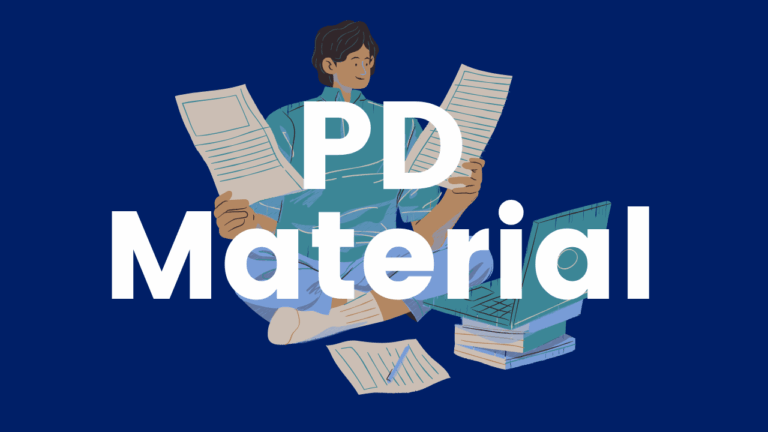Explicit Vocabulary Instruction Demonstration
In this video, Dr. Anita Archer models an explicit vocabulary lesson with older students. Note how Dr. Archer involves active participation: students are engaged throughout. Note also the high level of teacher-student interaction. See if you can count the number of “serve and return” interactions!







